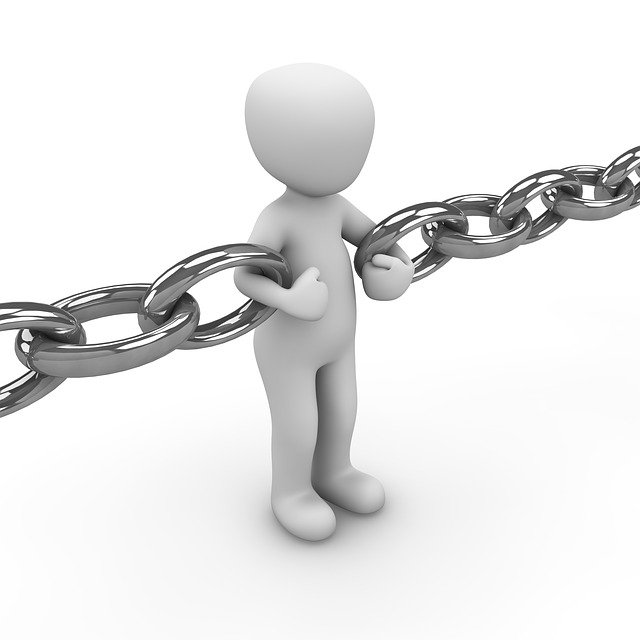As we look beyond the current shortcomings of education in general, it's clear that globally the system is in need of improvements. Obviously some of these improvements like equity in access and funding are more important than others. But current education arrangements heavily rely on trust related to:
(1) Documentation of educational activities and performance. Currently these exist in the form of transcripts, grade reports and academic records.
(2) Verification of educational attainment and transition through programs. Again these exist in the form of transcripts and examination results.
(3) Attestation of credentials for authenticity and appropriate access and availability when the recipient requires.
If 2020 has taught us educators anything it's that the world has already changed. Furthermore the need to build redundancy into our systems that empower learners to have equity and mobility is critical. Students and their families need to be in control of their academic experience. They should be able to see the results of their actions and their performance in ways that they can quickly shift to new learning modalities.

All education records should be available to students and their families at all times. Recent events from COVID to large scale hacks indicate that students and families are the ideal and appropriate purveyors of student information. The students digital education wallet and learning as well as performance portfolio belongs to the learner and their family as appropriate.
In today's context only blockchain technologies can deliver this type of environment safely and securely.
As we become more aware of what can be done, the following applications come to mind:
Digital transcript vault that students can access at will. Transcripts can be shared to.different institutions when needed. With blockchain Verification, the transcript is immutable and easily verifiable. Also easily translatable to many languages and different education systems.
Digital diplomas, degrees and certificates. As students complete education programs, these credentials are added to their education vault.
Digital Badges. As students complete learning tasks and activities they earn badges that are then added to the transcript vault.
This remains an interesting area of inquiry but it has great potential to level the playing field around educational credentialing.
References
[Forbes (2018) 20 Ways Blockchain will Transform Education] (https://www-forbes-com.cdn.ampproject.org/v/s/www.forbes.com/sites/tomvanderark/2018/08/20/26-ways-blockchain-will-transform-ok-may-improve-education/amp/?amp_js_v=a6&_gsa=1&usqp=mq331AQHKAFQArABIA%3D%3D#aoh=16093018911205&referrer=https%3A%2F%2Fwww.google.com&_tf=From%20%251%24s&share=https%3A%2F%2Fwww.forbes.com%2Fsites%2Ftomvanderark%2F2018%2F08%2F20%2F26-ways-blockchain-will-transform-ok-may-improve-education%2F)
Image by Peggy/Marco on Pixabay
One of the most frustrating things I dealt with was paying money to get my transcripts. It's like what the hell? I paid you in some form or another, taxes or direct tuition, to attend your school but I have to pay more to get my records? Very frustrating! Would be great to have this information stored as a blockchain indeed, but a decentralized blockchain across many computers across a system. I don't know the specifics of how that can be achieved but the concept sounds much more secure just like how secure the Bitcoin network is because of how distributed it is.
Off to a great start my friend! Keep it up, I like the consistency!